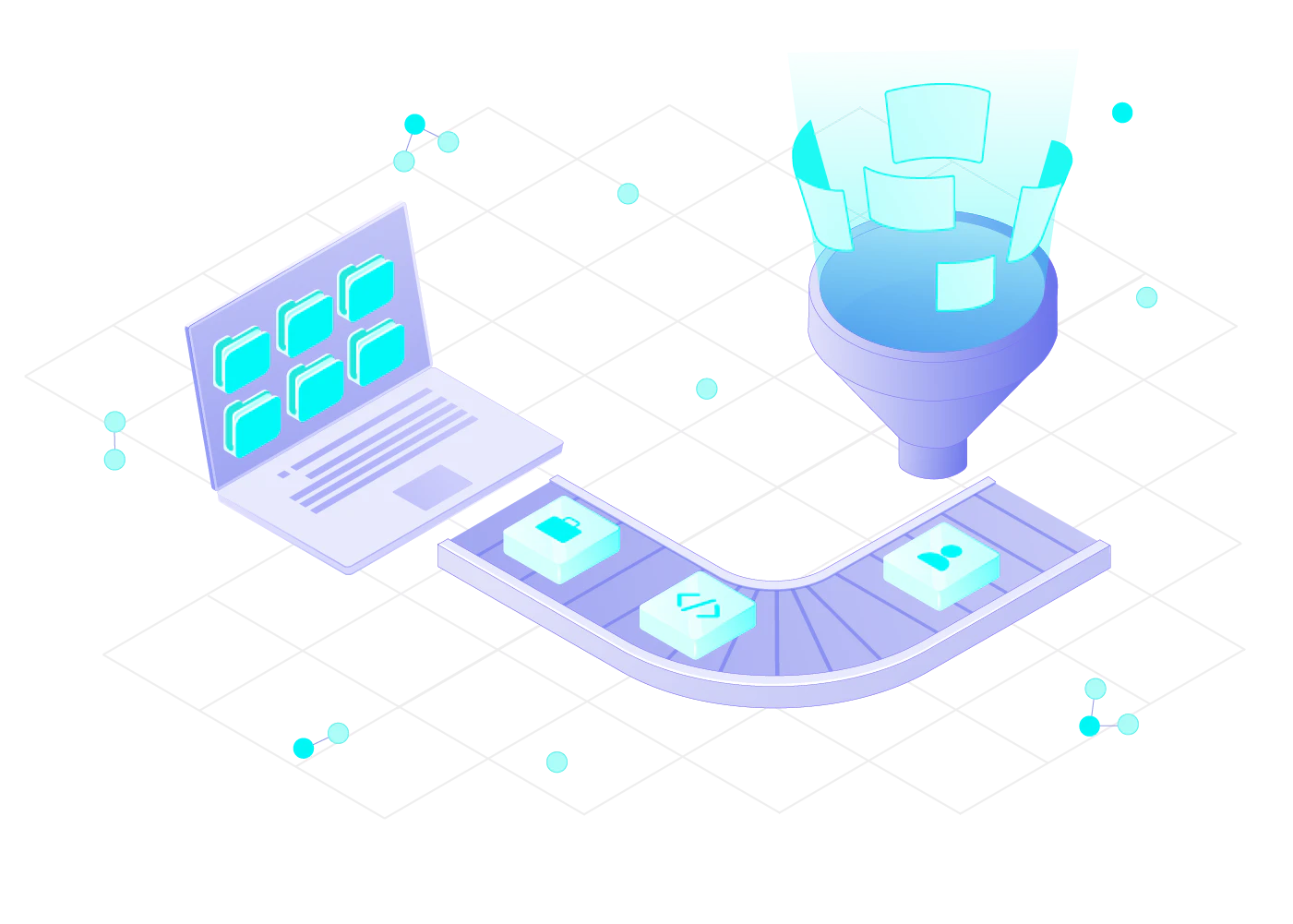Hiring impacts businesses on a fundamental level. Bad hires are likely to sabotage future job performance, damage the company's reputation, increase turnover rates, and cost a fortune to the business altogether.
In this article, you will learn about a solution that could help minimize the number of bad hires and enhance the recruitment process – predictive hiring.
What is predictive hiring?
Predictive hiring is an HR technology that accounts for a multitude of characteristics of a candidate to anticipate their success in terms of the company's goals.
Predictive analytics establishes certain patterns between your current employees and then it can match those qualities and characteristics to potential candidates.
Traditional hiring practices include resume screenings, personal preferences of the hiring managers during interviews, and past work experience. Predictive hiring, on the other hand, uses historical data, statistics, and machine learning among other things to determine the candidate's ability and predict job performance.
The ultimate purpose of predictive hiring is to make the recruitment process faster, save money, remove hiring bias, and anticipate future job performance of a candidate based on facts.

What data do you need to enable a predictive hiring process?
There are many data sources that could help you with hiring, however, employee data is the most useful one, both historical and fresh.
Employee data consists of data points such as name, job title, location, work experience, employment length, and more. At Coresignal, this data is continuously refreshed, therefore, you wouldn't need to worry about inaccuracies or inconsistencies.
With employee data, you will be able to enhance your talent acquisition, implement a predictive hiring model, improve recruitment analytics, and enable a data-driven recruitment process. You will no longer need to manually search for potential candidates and waste time screening resumes that don't fit the job description and company culture.
For reference, a single corporate job opening attracts about 250 applicants on average and only 4-6 of them get a call. Screening 250 resumes, naturally, takes a huge amount of valuable time that could be attributed to better tasks.
6 benefits of predictive analytics in recruitment
Predictive analytics for hiring offers several key benefits to increasing the number of successful hires. Below, you will find some of them.
1. Anticipating job performance
One of the main criteria for selecting employees is previous candidate experience, which, unfortunately, only allows for 16% accuracy in terms of job performance.
Predictive analytics takes into account other assessment tools as well, such as historical data of the candidates, existing employees for company culture identifiers, previous jobs, and more to find the right talent that would perform well in the long run.
2. Improves the quality of hire
By accounting for more factors than work experience alone, predictive hiring tools select the best candidates according to provided criteria and role requirements.
The best and most qualified candidates only tend to stay on the market for about 10 days before somebody hires them.
Therefore, with predictive recruitment solutions, you can notice those top candidates before anyone else and improve your quality of hire.
3. Reduces staff turnover
Candidates that fit well and are motivated by the company are less likely to quit soon. Predictive analytics can accurately identify the right person for the role and the hiring manager can evaluate the candidate's motivation and soft skills during a job interview.
4. Consistent hiring decisions
You can use predictive hiring to consistently find top talent that fits the criteria and make informed decisions every time you look for new employees.
5. Speeds up the hiring process
A predictive hiring solution eliminates the need to screen through all the resumes and waste time filtering out unfit candidates. Companies using predictive hiring are able to make the hiring decision faster and find productive employees easier than the companies that source talent manually.
6. Boosts employer brand
Since the predictive model of hiring selects only the best talent for a specific role, the interviews become more smooth and coordinated. There is little to no room for miscommunication about job requirements, company goals, and expectations from the candidate. It creates a better experience for both parties and builds a better reputation for the company brand even if the interview does not result in a new hire.

Intangible candidate characteristics that help hiring managers evaluate future job performance
There are certain elements to the hiring process that can help the hiring manager identify the candidate's future performance: cognitive ability, personality type, and motivation.
Cognitive ability
Intelligence goes a long way when it comes to tasks that require a lot of thinking, discussion, and collaboration. Identifying the candidate's intelligence level and capability to present arguments can surpass previous job experience and improve the quality of your hires.
Personality types
Personality types could also be one of the main criteria for hiring decisions since it shows how well the new hire would adapt and fit with existing employees. Also, it indicates the candidate's ability to manage emotions, attitude, and problem-solving characteristics, among other things.
Motivation
Knowing what drives the candidate, what tasks they find most motivating and valuable, what social surroundings make them want to improve, and other factors help recruiters paint a more complete picture of the candidate and their values. It also helps hiring managers to understand how the candidate could help foster the entire working environment.
Conclusion
Finding the right candidate is not an easy task. Using predictive hiring enhances the overall talent acquisition process and helps you find the best-fit candidates.
It allows making better-informed decisions and finding new hires that are more likely to stay in the position longer. Predictive hiring reduces turnover rates, speeds up the process, and improves the general quality of hire.
All in all, if you're wondering about implementing predictive hiring analytics into your recruitment process, the question should be "How predictive hiring will enhance hiring?", not "Do I need predictive hiring solutions?".


































